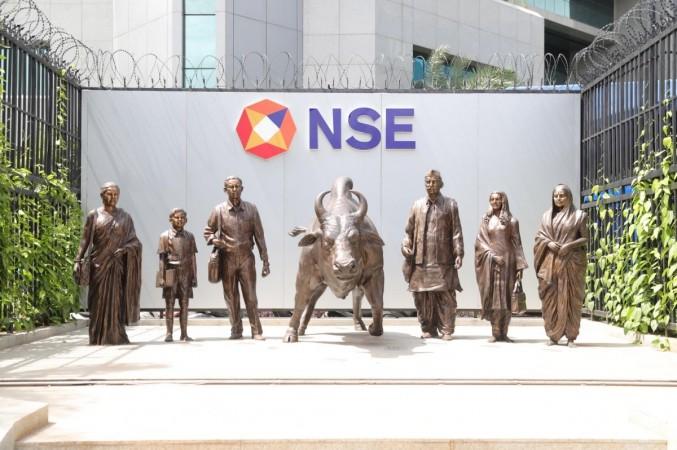
Indian stock markets displayed notable resilience on Monday, managing to recover from early losses and closing only slightly lower. This performance came against a backdrop of renewed global trade tensions and geopolitical uncertainties. The Sensex concluded the day at 81,374, a minor decline of 77 points or 0.09 percent, yet this closing figure represented a significant rebound of 719 points from the day's low of 80,654. Similarly, the Nifty ended at 24,717, down by 34 points or 0.14 percent, after recovering from an intra-day low of 24,526.
The initial slump in the markets was primarily triggered by US President Donald Trump's announcement of increased tariffs on steel imports, which are set to rise from 25 percent to 50 percent, effective June 4. This announcement sent ripples through global markets, exacerbating existing concerns over trade and geopolitical tensions, particularly between Russia and Ukraine. Additionally, volatile foreign investment flows and caution ahead of the Reserve Bank of India's (RBI) policy decision further weighed on investor sentiment.
Despite the shaky start, the Indian markets found support in selective buying of heavyweight stocks, which helped mitigate the losses. Shares of companies such as Adani Ports, Mahindra and Mahindra, Zomato (traded as Eternal), PowerGrid, Hindustan Unilever, Bajaj Finserv, ITC, ICICI Bank, Asian Paints, and Nestle India saw gains ranging from 0.4 percent to 2 percent. This selective buying interest was crucial in stabilizing the markets and preventing a more significant downturn.

In the broader market, the Nifty MidCap and Nifty SmallCap indices outperformed, closing with gains of 0.62 percent and 1.1 percent, respectively. Among the sectors, the Nifty IT and Nifty Metal indices were the hardest hit, both falling by 0.7 percent due to concerns over the US tariffs. Conversely, the Nifty Realty and Nifty PSU Bank indices emerged as the top performers, each rising over 2 percent.
Vinod Nair of Geojit Investments Limited commented on the market's performance, stating, "The domestic market continued its consolidation phase for the third consecutive week, influenced by renewed concerns over a potential tariff war and escalating geopolitical tensions between Russia and Ukraine." He further noted, "While global uncertainties have led investors to adopt a risk-averse approach, the Indian market has demonstrated resilience, underpinned by robust institutional inflows and selective sectoral strength like FMCG, real estate, and financial stocks."
Nair also highlighted the cautious short-term strategy adopted by investors, focusing on domestically-oriented and interest-sensitive sectors. This approach reflects the broader market sentiment, which remains wary of global developments while seeking opportunities within the domestic economy.
















